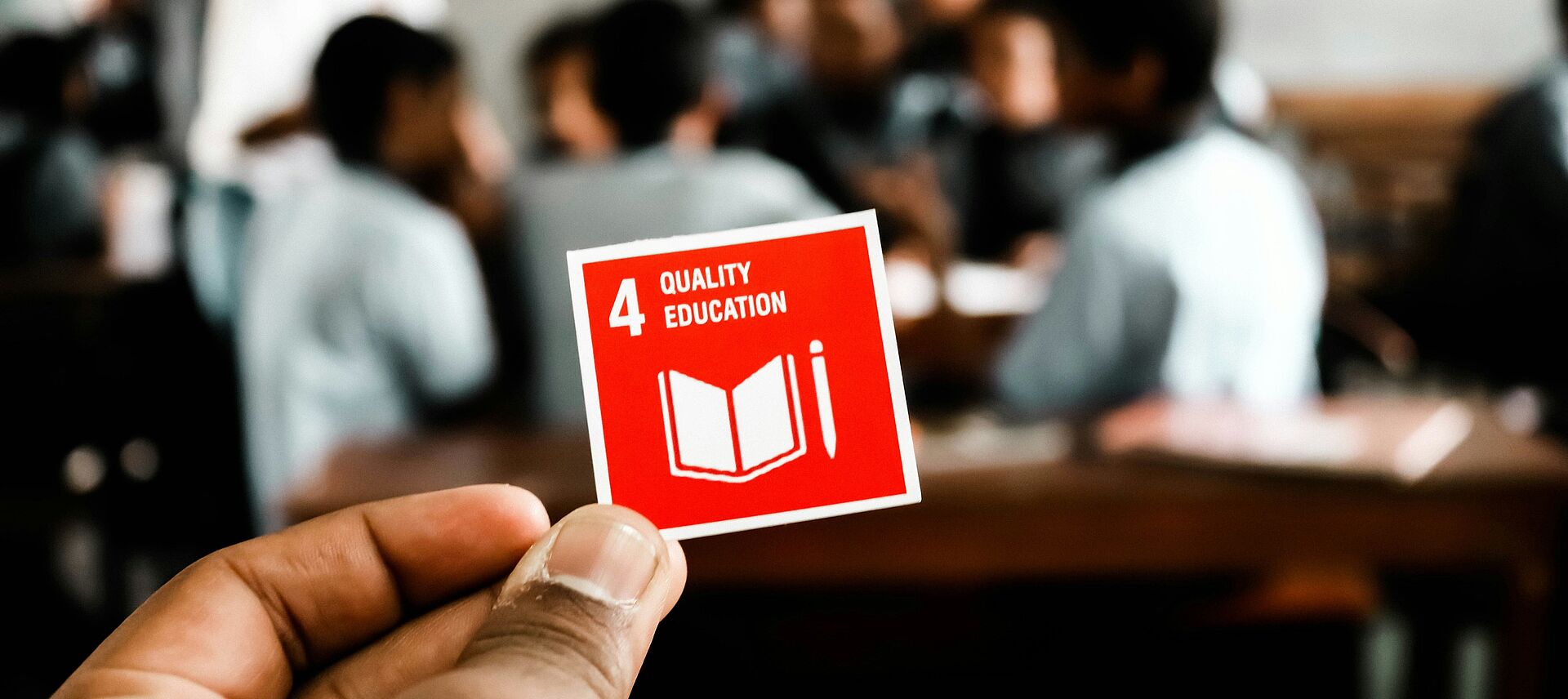
The English language certificate programme Global Learning (15 ECTS) offers students an opportunity to focus on Education for Sustainable Development (ESD) during their studies. It allows them to develop an individual (study) profile that is also beneficial to their future career. The Global Learning certificate is a voluntary additional qualification attesting a study focus on ESD as well as the professional (and pedagogical) suitability to work on tasks/in areas related to ESD.
ESD plays a central role in shaping a sustainable society. As a holistic, transformative, and inter-/transdisciplinary approach to education, ESD not only aims to impart knowledge and promote awareness of sustainable development and sustainable lifestyles, but also to enable learners of all ages to actively participate in the socio-ecological transformation of our society.
In Lower Saxony, ESD has been firmly anchored in (non-)school education since the 2021 ESD state decree came into force. The decree aims to encourage schools to develop an understanding of ESD and to integrate it systematically into their school culture and teaching. This includes considering and including ESD as a core element in school development processes, among other things. Therefore, future teachers and educators working in educational institutions should be familiar with the concept of ESD, for instance, to enable them to design lessons and create learning environments according to ESD principles.
The interdisciplinary, English language certification programme Global Learning allows students to focus on ESD as part of an optional additional qualification. You will be introduced to the basics of ESD and explore various subject perspectives on different ESD topics in advanced courses. You will also apply your knowledge and skills by developing and implementing a practical project to experience ESD in practice.
The certificate programme is offered by the department of English and American Studies with other departments of the Faculty of Humanities and Education also being involved.